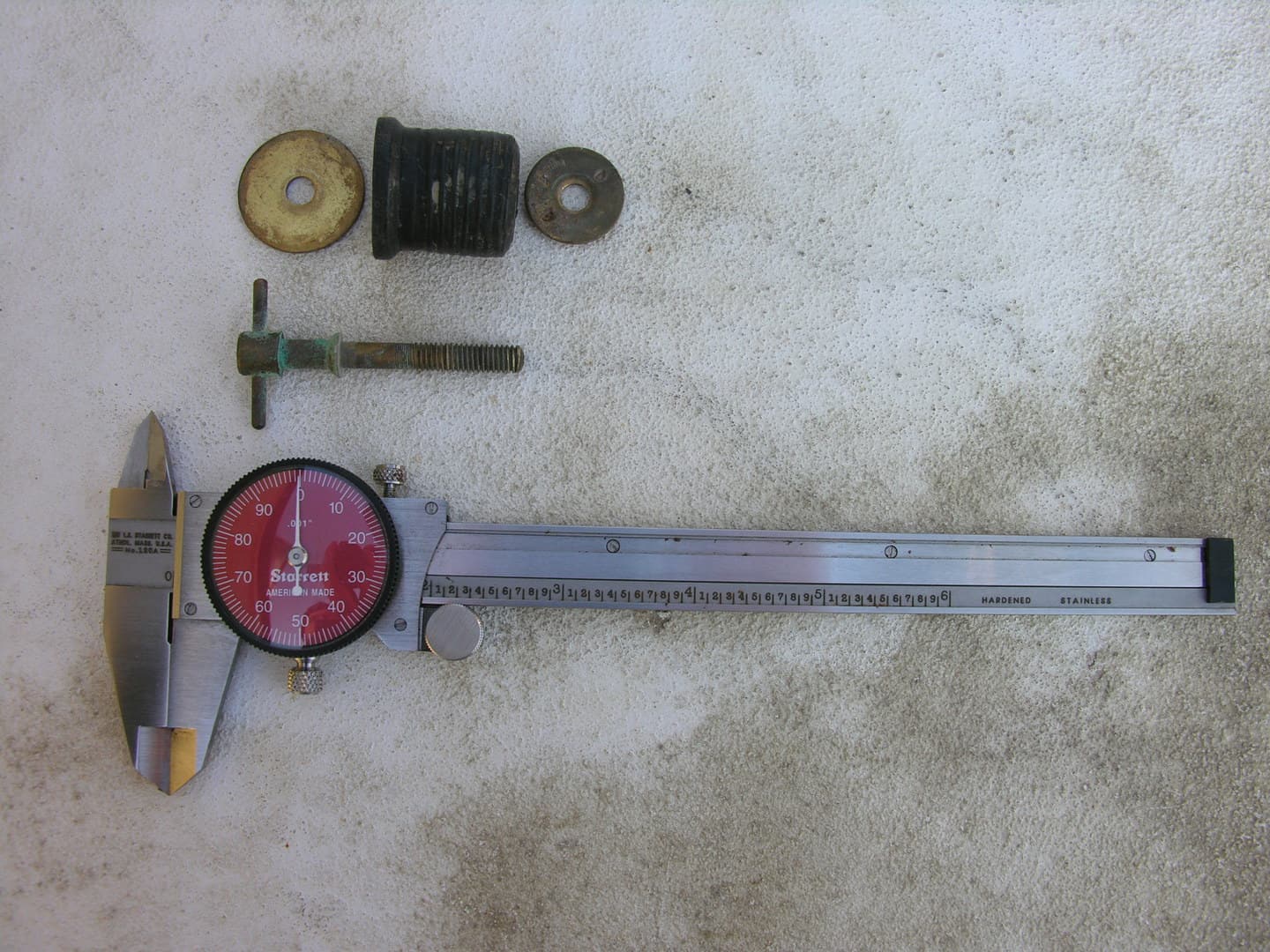Good morning to Captain and crew alike and welcome to The Admiralty Docket. 
When selling a boat many vessel owners provide owner financing to attract purchasers, but owner financing is never risk free. Here are some suggestions to reduce the risks of owner financing in vessel sale transactions.
- Check the credit history and financial condition of the buyer. Financially shaky buyers attract problems and a judgment or tax lien against a buyer may attach to your boat when he buys it. Look for a sound buyer with a clean credit history.
- Require a substantial downpayment which represents a real investment by the buyer. Buyer motivation gets loans paid.
- If the vessel is documented with the U.S. Coast Guard, file a Preferred Ship Mortgage with the Coast Guard for a high priority maritime lien which will outrank all landside liens and non-preferred maritime liens.
- Require the buyer to carry adequate hull insurance on the vessel and adequate protective and indemnity insurance to protect against liability. Vessels sink, catch fire, run aground, collide with bridges, and are arrested by government authority. Uninsured buyers after a casualty are less likely to pay your loan. Proper hull and P&I insurance will protect against many, but not all, of the risks.
- Become an additional loss payee on any insurance coverage, so that insurance proceeds will be applied to repair the vessel or to your loan before being paid to the buyer.
- Protect against a breach of warranty by the buyer, which would otherwise void insurance coverage, by insisting on a breach of warranty endorsement.
- If your boat is registered with the Boating Division, consider documentation. If documentation is not an option, have your lien recorded against the title and retain the title in your possession until your loan is paid.
Remember, friends, the only risk free scheme of vessel financing involves one easy payment – 100% cash at time of sale. One old financing contract came close when it provided, “until this obligation is paid in full, the vessel shall remain moored at lender’s dock, her sails shall remain in lender’s fish house, and borrower shall sleep on lender’s side porch.”
More next week on The Admiralty Docket. Until then, remember your rights and responsibilities may change as you approach the shore and may God Almighty grant you pleasant sailing.
If you have a question regarding admiralty and maritime law, please call or Email Us today for a free, confidential consultation with no obligation.









